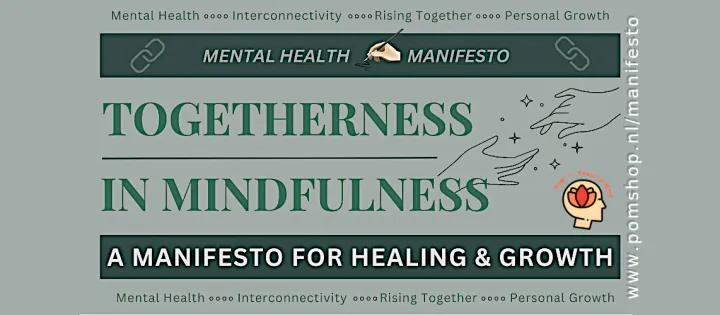Legacy of 39th US President Jimmy Carter as MODERN MAVERICK (1st Oct 1924 - 29th Dec 2024)

Former U.S. President Jimmy Carter, who served from 1977 to 1981, passed away peacefully at his home in Plains, Georgia, on December 29, 2024, at the age of 100. This followed his decision to enter hospice care in February 2023 after choosing to forgo further medical treatment for an undisclosed illness. Carter had been diagnosed with cancer in 2015 and underwent surgery to remove a melanoma tumor from his liver. He also received treatment for four small melanoma spots on his brain . In 2019, he faced several health challenges, including a broken hip, falls requiring stitches and hospitalization, and brain surgery .
"At Maverick’s Cove and PoM - Peace of Mind, Jimmy Carter’s legacy holds a special place. As the founder of PoM and Maverick’s Cove, myself as a child of the Cold War era, I can recall the Carter presidency as a beacon of hope during a time of global tension. Carter’s role as a peacemaker and his relentless post-presidency efforts for a better world have deeply influenced our mission to foster compassion, mindfulness, and community connection."
——-Cpt. JayR (founder of eco-fashion & positive brand PoM & Maverick’s Cove)
A Legacy of Global Humanitarianism
Though his presidency was marked by economic struggles and the Iran hostage crisis, Carter's post-presidency work cemented his legacy as a global humanitarian. He and his wife, Rosalynn Carter (1927-2023), founded The Carter Center in 1982. This nonpartisan, nonprofit organization tackles international public policy issues, including conflict resolution, democracy promotion, human rights protection, and disease prevention. One of the Center's most notable achievements is spearheading the international campaign to eradicate Guinea worm disease. In addition to his work with The Carter Center, Carter dedicated over three decades to Habitat for Humanity, building and renovating homes for those in need .
Carter's Impact on Healthcare
Carter's commitment to improving healthcare extended beyond his global humanitarian efforts. During his presidency, he signed the Mental Health Systems Act, which was hailed as "landmark legislation," in 1980 . His administration also saw a significant decrease in the number of hospitalized patients . Numerous community mental health centers were established under his leadership . Yet our available sources for today do not provide specific data regarding the number of hospitalized patients or mental health centers.
A Broader Vision for Public Service
Beyond healthcare, Carter's administration also made strides in energy and environmental policy. They created the Department of Energy and a national energy policy to address the energy crisis. He expanded the national park system and took steps to improve environmental protection.
A Model for the 21st Century
Carter's legacy, both during and after his presidency, demonstrates the impact of public service and humanitarianism. His tireless dedication to improving the lives of others, particularly in healthcare, peace, and human rights, offers a powerful model for us in the 21st century.
Carter's actions show that individuals, regardless of background or political office, can make a tangible difference in addressing global challenges. His commitment to service exemplifies the possibility of building a more just and equitable world, inspiring us to contribute our talents and resources to making a positive impact on our communities and the world around us.




Comments ()